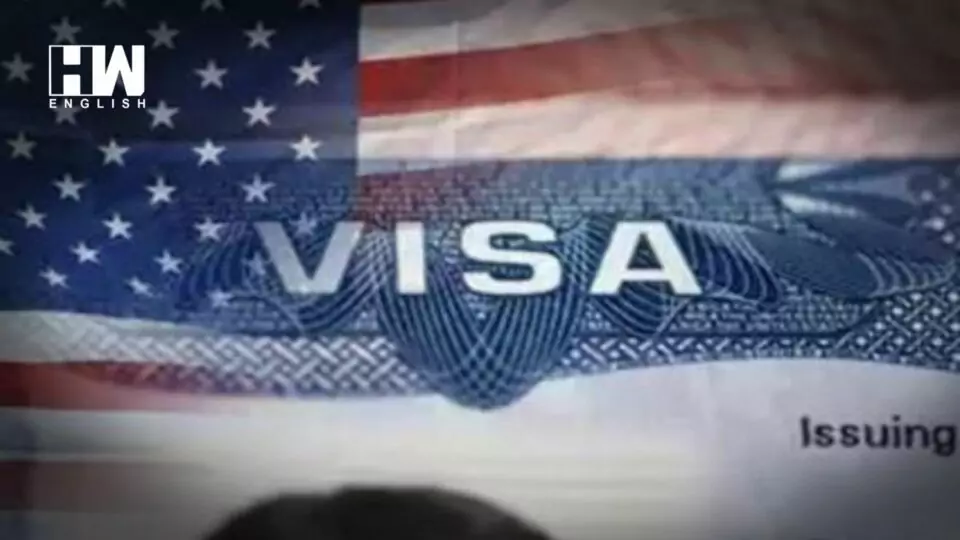The Biden administration unveiled a new policy allowing visa restrictions on foreigners involved in repressive misuses of commercial spyware overseas. The rules aim to counter growing threats to privacy and human rights from surveillance technology.
Also Read: Nikki Haley Requests Secret Service Due To Threats
Targeting journalists, activists and marginalized groups, commercial spyware has facilitated detentions, disappearances and even killings abroad. The U.S. decried its role, enabling repression and rights violations while curtailing information flows.
Under the measures, visa bans could apply to direct spyware abusers, facilitators, or profiteers. Officials said the policy sends a “strong signal” against spyware’s malign uses. It applies regardless of bilateral visa waiver agreements.
Authorities did not name potential targets but cited cases like NSO Group’s Pegasus software, which detected spying on over 1,000 people across 50 countries. Washington already limits the Israeli firm’s access to American equipment over security risks.
Pegasus has surveilled Arab activists and was on the fiancée’s phone of slain Saudi journalist Jamal Khashoggi before his 2018 Istanbul consulate murder. Though not accusing Jordan’s government, digital activists detected Pegasus infecting dozens of local phones until September 2022.
The U.S. has faced spyware threats, with a 2021 executive order tightening rules after surging hacks of government employees. The new visa guidelines tackle the issue globally as software predicates rights abuses abroad.
Officials say the policy applies equally to all nationalities, including treaty visa waiver partners, if warranted. The measures form part of a broader Biden effort countering spyware spread through pushes for regulation and export controls.
With authoritarian regimes increasingly utilizing surveillance technology, the visa restrictions offer a new lever for the U.S. to hold spyware peddlers and purchasers accountable. They aim to deter further malicious uses by signalling consequences for enabling crackdowns against free expression through the invasive monitoring of phones and devices.
As an independent media platform, we do not take advertisements from governments and corporate houses. It is you, our readers, who have supported us on our journey to do honest and unbiased journalism. Please contribute, so that we can continue to do the same in future.

